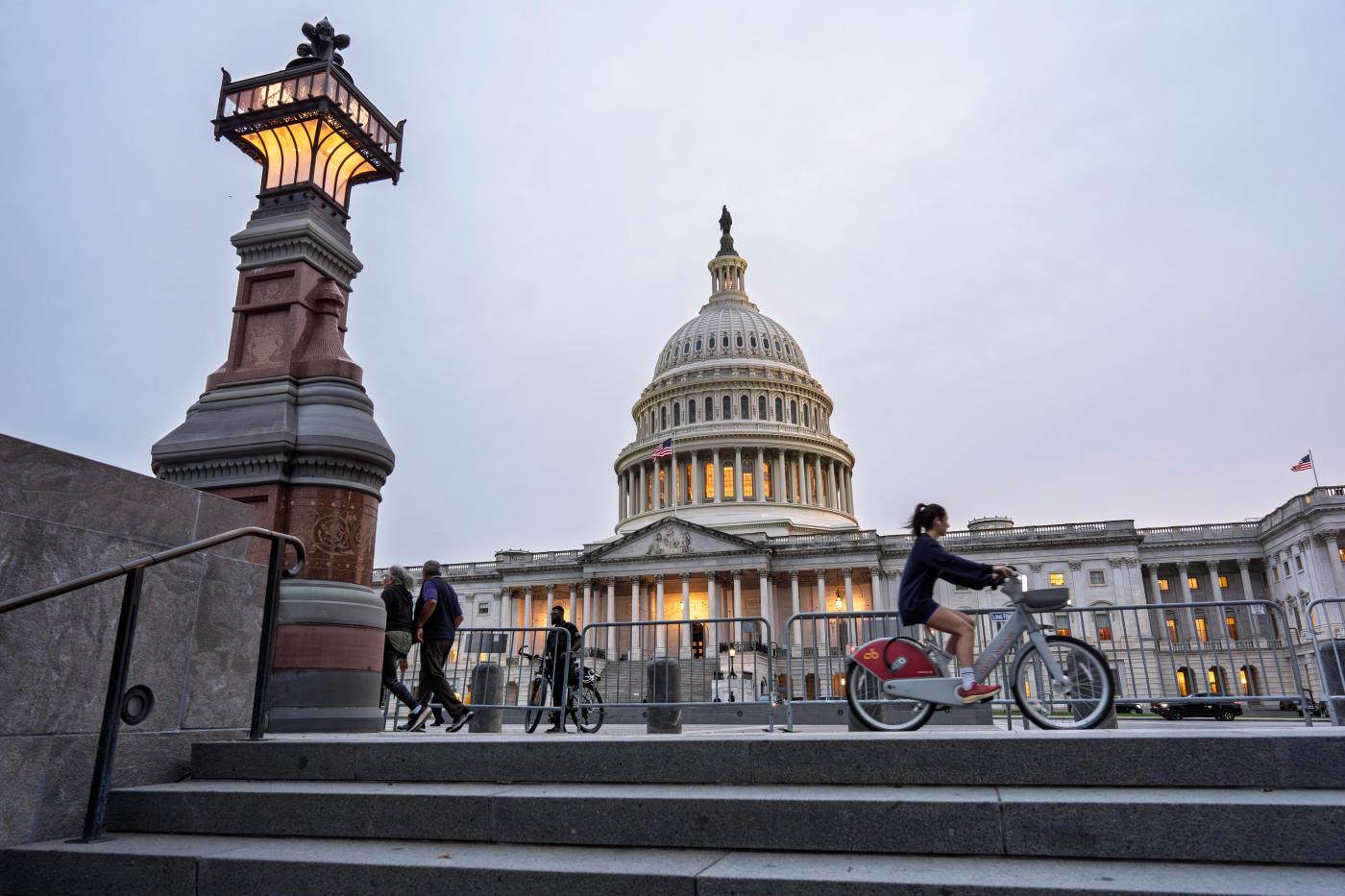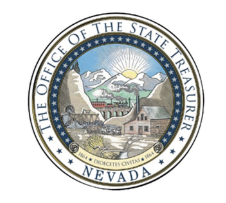A recent survey by the Pew Research Center reveals that Americans are largely dissatisfied with both the Democratic and Republican parties, just one year ahead of the crucial midterm elections. The study indicates that a significant majority of respondents perceive both parties as lacking ethical governance, with 61% of Americans viewing the GOP as too extreme and 57% sharing the same sentiment about the Democratic Party.
Conducted prior to the government shutdown, the survey highlights a growing concern among voters regarding the effectiveness of political representation. Peter Loge, director of the School of Media and Public Affairs at George Washington University, noted that the increasing polarization can be attributed to politicians focusing on their bases, which are often more extreme than the general electorate. He pointed out that elections are increasingly determined in the primaries, where candidates cater to more liberal or conservative factions.
Electoral Landscape and Party Dynamics
The Cook Political Report currently identifies only 17 of the 435 House seats as toss-ups for the upcoming midterms, with another 21 seats leaning toward either party. The majority of seats are considered solidly aligned with either Democrats or Republicans, indicating a challenging environment for opposition candidates. Many national politicians express concern about the potential threat of primary challengers, which diminishes their incentive to appeal to centrist voters.
The survey finds that frustration within the Democratic Party is palpable, with 30% of Democratic voters expressing anger towards their party. Much of this discontent stems from a perception that Democrats are not effectively countering the policies of former President Donald Trump. In contrast, only 40% of Republicans reported dissatisfaction with their party, a sentiment likely influenced by their control of the White House and both chambers of Congress.
Todd Belt, director of the political management program at GW, emphasized that the disparity in feelings between the parties is largely due to the power dynamics at play. He stated, “A lot of this has to do with power, and a lot of it has to do with delivering for an electorate. Democrats can’t deliver; they have no power to deliver on the federal level.”
Voter Sentiment and Economic Concerns
As the midterms approach, the survey reveals a stark contrast in feelings of hope and pride between the parties. 69% of Republican voters reported feeling hopeful about their party’s prospects, compared to only 50% of Democrats. Additionally, 52% of Republican respondents expressed pride in their party, while only 29% of Democrats felt similarly. This indicates a significant morale gap that could influence voter turnout.
Despite this positivity among Republicans, the survey also highlighted a potential vulnerability. Americans expressed marginally more support for Republican economic policies, with a lead of just three percentage points. This marks a significant decline from the 12-point advantage Republicans held two years ago. As economic issues often drive voter motivation, both Loge and Belt caution that Republicans should be wary if economic sentiment does not improve.
“I think it’s very bad news for Republicans,” Loge stated. “President Trump’s policies are getting less popular, not more, across the board.”
The survey further explored public opinion on various policy areas, revealing that Americans favor Republicans on issues like crime, immigration, and the budget deficit, while siding with Democrats on LGBTQ+ rights, abortion, race policies, climate change, and healthcare. This nuanced view of public sentiment suggests a complex electoral landscape as both parties head into the midterms.
As the government shutdown continues with no clear resolution in sight, Loge remarked that the current survey results may represent a peak in public opinion towards the political parties. He noted, “These survey results might be a high-water mark for public opinion about the political parties and Congress.” With the midterm elections approaching, both parties will need to navigate a challenging political environment marked by voter dissatisfaction and economic concerns.
For further insights, contact Cory Smith at [email protected] or reach out on social media at x.com/Cory_L_Smith.







